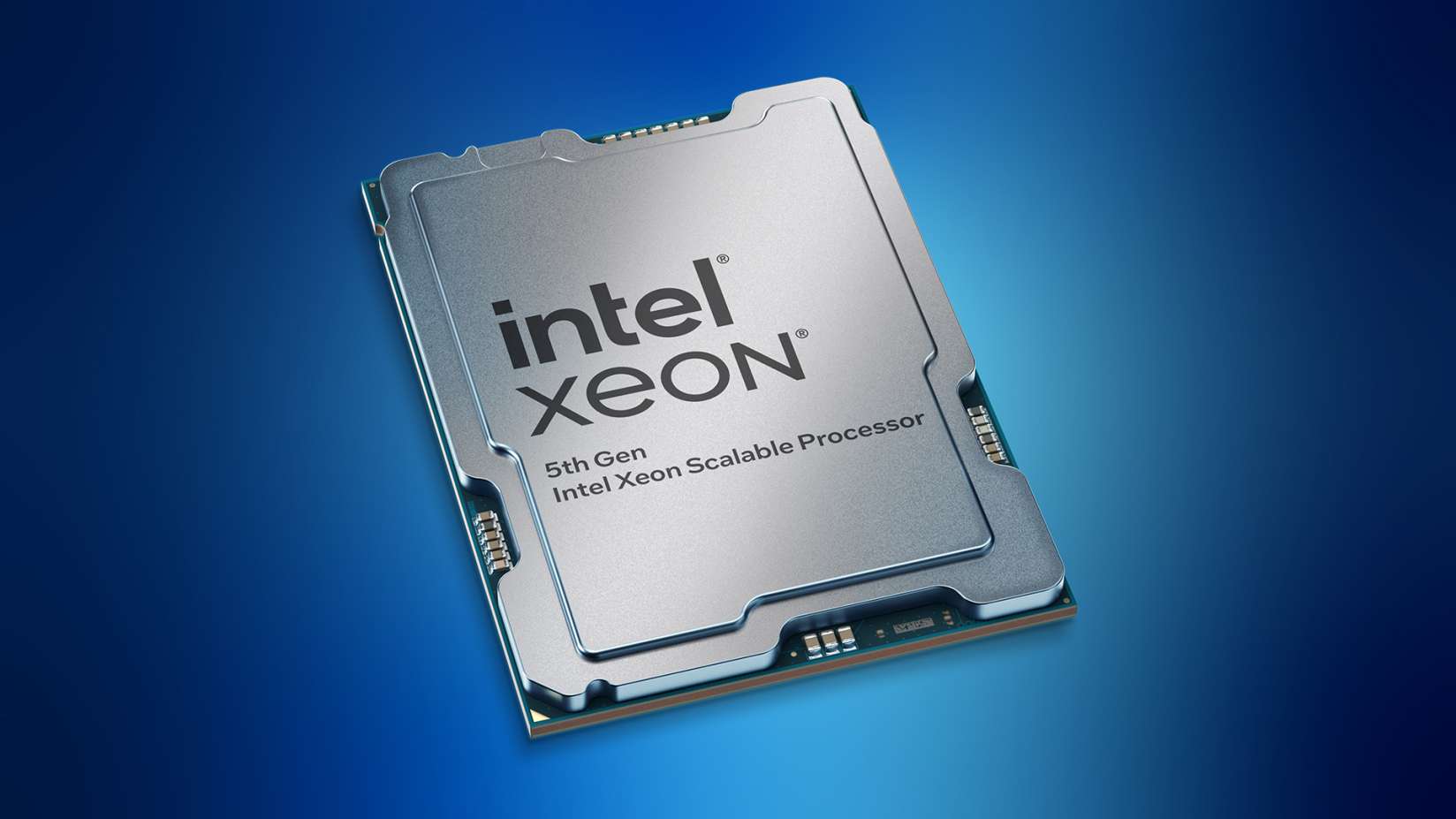Intel, one of the global giants in semiconductor manufacturing, has announced the postponement of the construction of its anticipated chip factory in Magdeburg, Germany. This decision, which delays the project for approximately two years, will have significant repercussions in the European and global tech industry.
Details of the postponed project
- Planned initial investment: 30 billion euros
- German government grant: 10 billion euros
- Production capacity: Next-generation chips
- Projected jobs: 7,000 during construction, 3,000 high-tech positions in operation
- Estimated time to start production: Originally 4-5 years, now delayed
Reasons for the postponement
Intel cites the need to align with market demand as the main reason for the delay. This decision comes in the context of:
- Global slowdown in chip demand
- Intel’s unfavorable financial results in the last quarter
- Company’s plans to cut approximately 15,000 jobs worldwide
Impact on Intel’s strategy and the industry
The postponement of the factory in Germany is not an isolated case. Intel has also delayed the construction of a new facility in Poland. However, the company remains committed to expansion in the United States, where projects in Arizona, New Mexico, Oregon, and Ohio are ongoing.
This strategic move by Intel reflects the challenges facing the semiconductor industry:
- Volatility in chip demand
- Intensified competition from Asian manufacturers
- Need to balance production capacity with market demand
Implications for the European tech industry
The Magdeburg project was considered key to the European Union’s strategy to increase its autonomy in semiconductor production. The postponement could:
- Delay Europe’s plans to reach 20% of global chip production by 2030
- Affect the supply chain of European tech companies
- Impact the development of emerging technologies such as AI, 5G, and quantum computing in the region
Industry reaction and future outlook
Industry analysts point out that this delay could give competitors like TSMC and Samsung an advantage in the development and production of next-generation chips. However, Intel’s long-term commitment to the project suggests that the company still views Europe as a crucial strategic market.
The European tech industry now faces the challenge of maintaining its global competitiveness while awaiting the realization of projects like Intel’s. This could drive investments in research and development, as well as the pursuit of strategic collaborations with other semiconductor manufacturers.
Despite the delay, Intel’s project in Germany remains a vital component in Europe’s efforts to strengthen its position in the global semiconductor value chain. The evolution of this project in the coming years will be a key indicator of the future of the tech industry on the continent.
Source: El Economista

